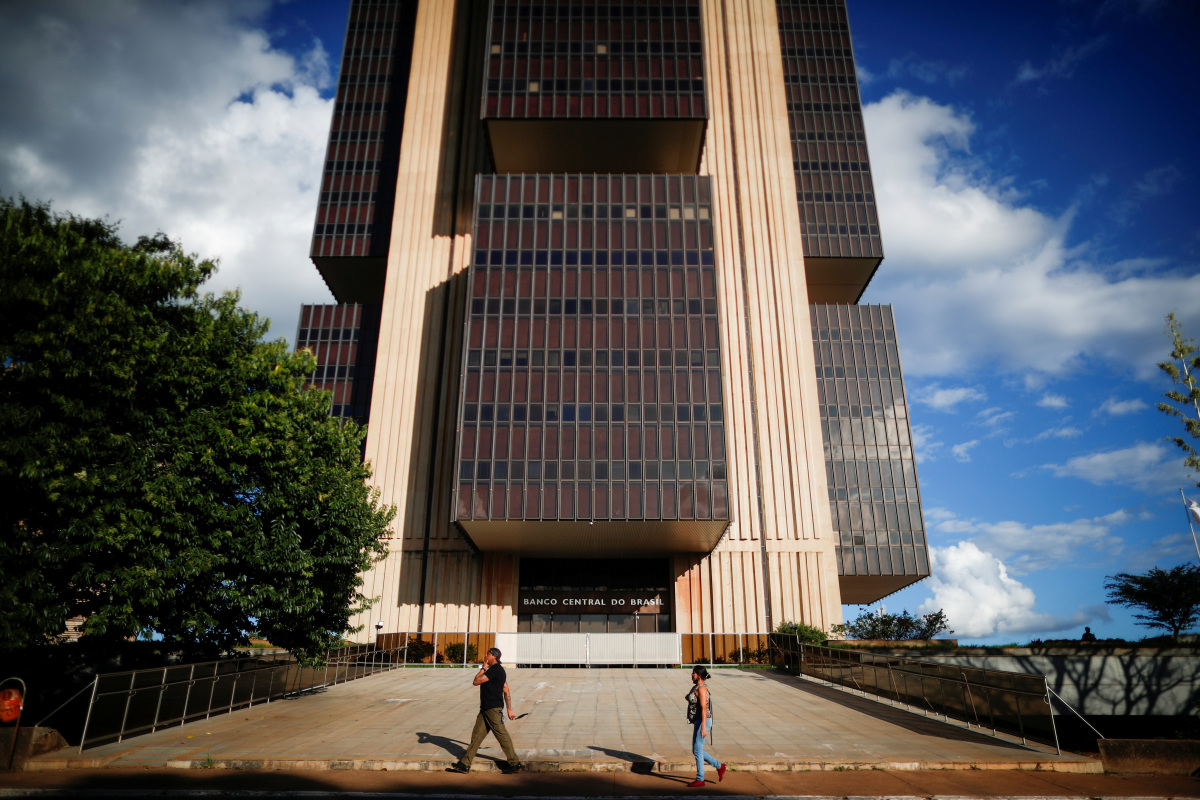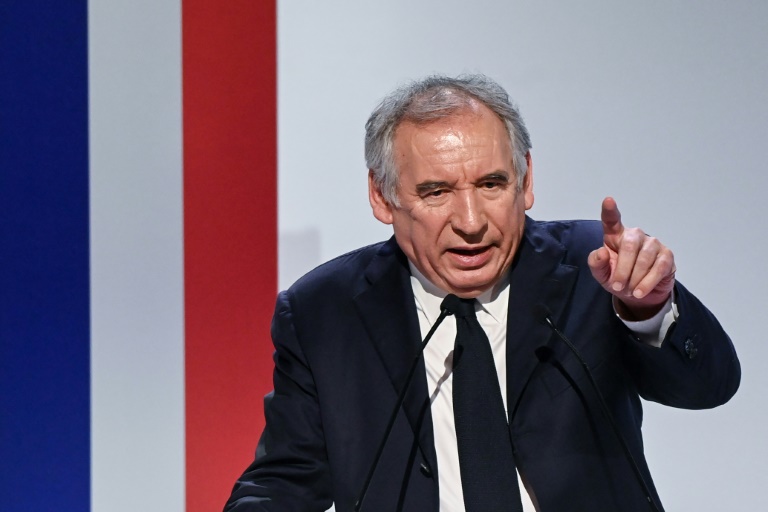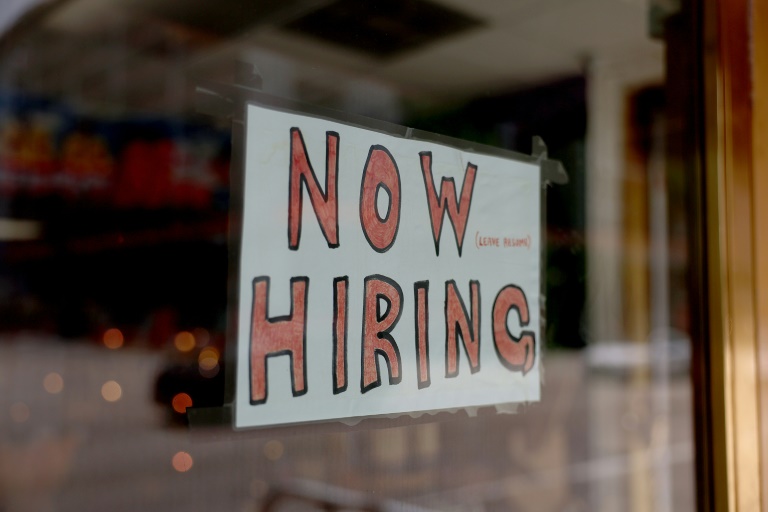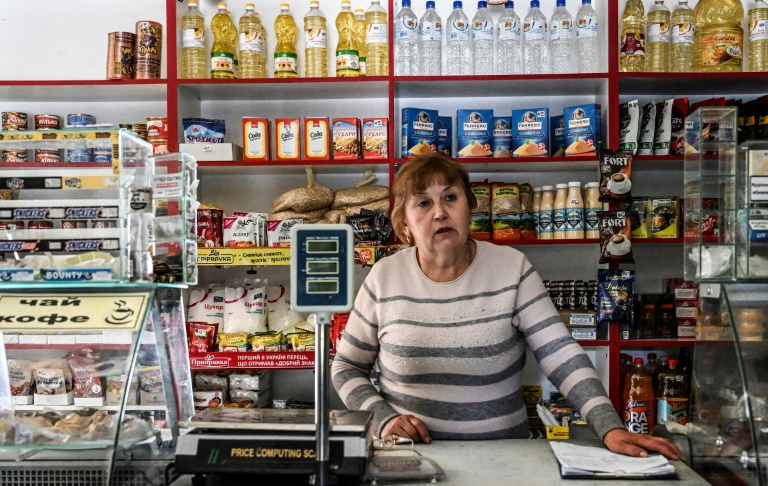Brazil’s central bank on Wednesday chose to keep interest rates unchanged, pausing an aggressive monetary tightening cycle even as U.S. and European policymakers are still racing to catch up with inflation.
The bank’s rate-setting committee, known as Copom, decided by a vote of 7-to-2 to leave its benchmark Selic interest rate at 13.75% after 12 consecutive increases, as expected by 24 of 32 economists polled by Reuters.
With that, policymakers likely ended what had been the world’s most aggressive rate-hiking cycle, lifting the Selic rate from a record-low 2% in March 2021 and putting Brazil ahead of many central banks that only started raising rates recently.
The Federal Reserve delivered its third straight big rate increase on Wednesday and flagged another on the way this year.
Brazil’s central bank decided to stop hiking rates after consumer prices registered their second straight monthly drop in August, helped by tax cuts on fuel and energy.
Still, Copom’s split decision, with two committee members voting for a “residual” interest rate increase of 25 basis points, underscored lingering concerns about inflation, which hit a nearly 20-year high in Brazil just a few months ago.
“The Committee reinforces that future monetary policy steps can be adjusted and will not hesitate to resume the tightening cycle if the disinflationary process does not proceed as expected,” policymakers wrote in their decision statement.
Jos? Francisco Gon?alves, chief economist at Banco Fator, said even as most of the committee voted to hold rates, their statement leaving the door open to resuming rate hikes sent a clear message about staying vigilant to price pressures.
“The hawkish message to some extent replaces the 25-basis-point increase we were expecting,” he said.
In a note to clients, he predicted the yield curve should adjust on Thursday to reflect interest rates only beginning to fall in the fourth quarter of 2023.
Others have bet on the central bank loosening policy sooner, including Economy Minister Paulo Guedes, who predicted rate cuts in early 2023.
However, central bank directors have taken a harsher tone in recent public comments, stressing it is too early to start discussing lower rates as the battle with inflation is not done.
Copom’s 2023 inflation forecast was unchanged from last month, at 4.6% in Wednesday’s statement, and its 2024 outlook rose to 2.8%, from 2.7% earlier, against a 3% official target.
Twelve-month inflation in Brazil ran into double digits from September 2021 to July, suffering from a post-pandemic rebound in services demand and soaring food and fuel prices after the war in Ukraine.
The central bank forecast for inflation this year fell to 5.8%, from 6.8% last month, still far above the 3.5% target, with a tolerance margin of 1.5 percentage points on either side.







